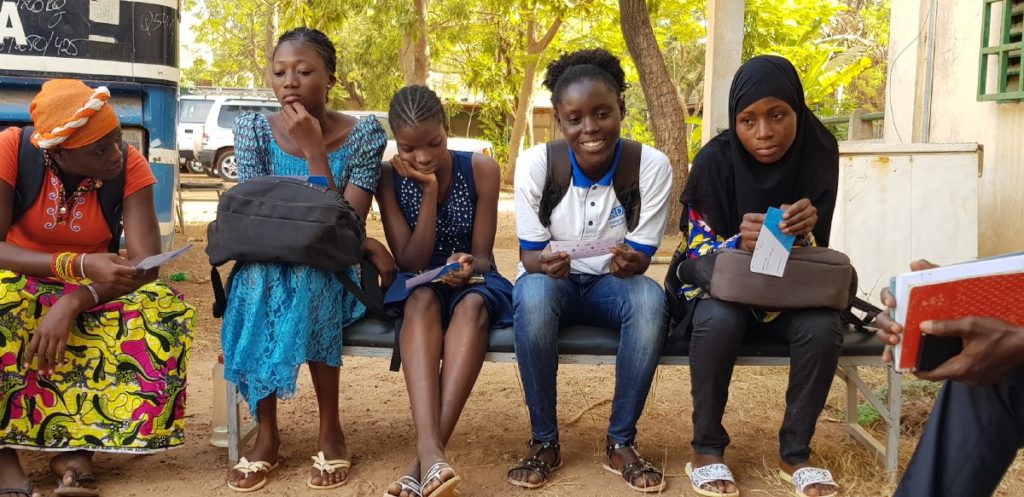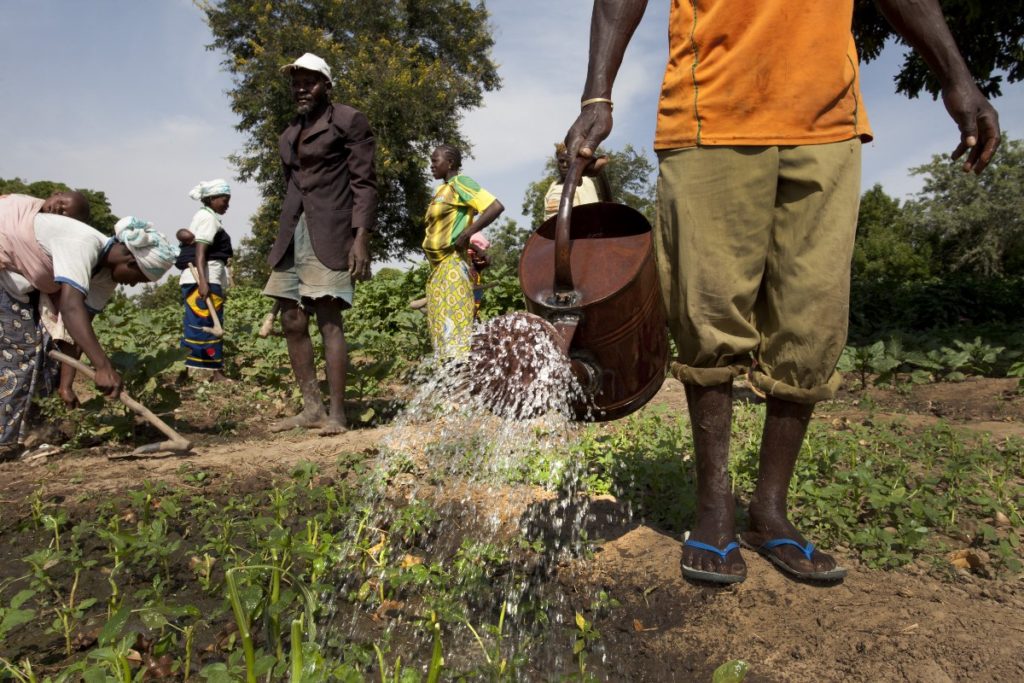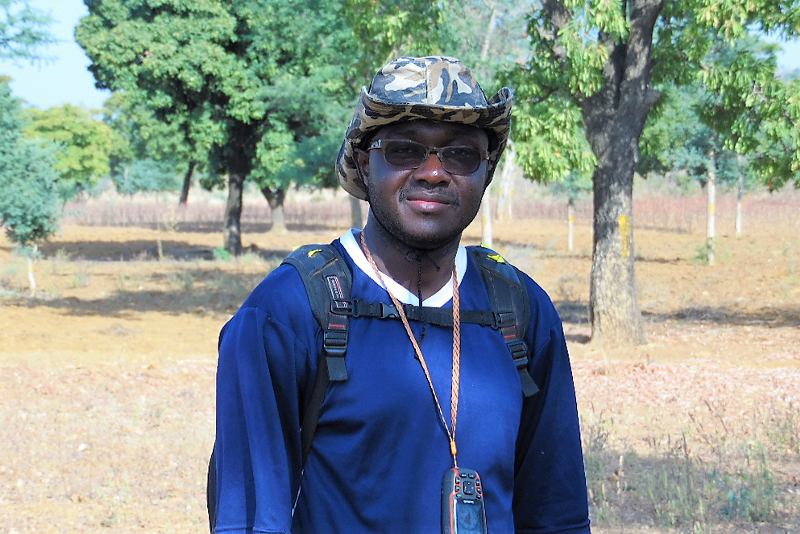Mr. Germain Goungounga is an expert who specializes in macroeconomics and environmental statistics. He carries out environmental and social impact assessments for projects that incorporate climate change issues in Burkina Faso. Besides his job with a private consultancy firm, Germain works as an independent, self-employed expert consultant.
In five years of professional experience, he has contributed to the design and validation of a number of local development strategies that include the issue of climate change.
What motivated you to take courses on the UN CC:e-Learn platform?
GG: I heard about the Introductory e-course on Climate Change while attending my first course with UNDP. Because economic questions and climate issues cannot be addressed separately, I decided to register for this course in order to extend my expertise to this specific area and be able to integrate both aspects — economic and climate-related — into my work.
In what way has this course changed your life, advanced your career, or increased your income?
GG: First of all, I have gained key insights that help me speak with ease when I participate in panel debates on the issue of climate change. One thing I have noticed is that there is a growing interest in the scientific and intellectual contributions made on this topic.
This course also turned out to be helpful with regards to the Master in Engineering that I am currently completing, since I got the highest grade for a modeling course focusing on the topic of climate change.
In terms of my income, it indeed directly increased since I took this course. Clients are fully satisfied with my work as an independent expert, and they consider that my performance deserves higher remuneration than the amounts initially agreed, which is why, in the end, I systematically receive additional fees for the missions I perform.

High school students participating at the UN CC:Learn classroom preparation event. Ouagadougou, Burkina Faso. ©UN CC:Learn/Frederic Ballenegger
What kind of actions have you been taking within your community and at work since you attended this course?
GG: I, of course, continue to work on development projects that take into account climate change issues, which are of particular interest to me. One of the most thrilling aspects of my job is to be able to work alongside the local communities involved in these projects. These experiences are very rewarding and the lessons I learn from such interactions are extremely valuable.
Furthermore, given the increasing role of environmental statistics and their broad scope of application, I plan to create either a research center or a think tank that will specialize in environmental economics, with the aim to produce three different types of data, namely environmental data and statistics, environmental indicators and indices, and economic and environmental accounts.
What message would you like to convey about the importance of education in the field of climate change?
GG: First of all, I would like to stress that climate changes are acknowledged by the scientific community as resulting, to a large extent, from human activity. The increasingly devastating climate events that we have observed over the past years remind us that urgent action is required to address the issue at the global level.
I want to insist here on the critical role of education in mobilizing the international community. Getting behavior patterns to change requires engaging truly impactful information, education, and communication efforts in almost all sectors. It is therefore crucial that governments design national learning strategies that will allow the people to take ownership of the mechanisms by which they can adapt to climate change and mitigate its effects. I call on our political leaders to implement such learning strategies while ensuring consistency with the actions taken at regional and even international levels so that tangible results can be achieved.

Watering a field of vegetables in Kieryaghin village, Burkina Faso, 2013. ©Dominic Chavez/World Bank
Would you recommend this course to other learners and if so, why?
GG: This training course is designed for both students and professionals, and it is an extremely valuable tool for acquiring key knowledge on climate change. It shows us how to question our production and consumption patterns, and most of all, how to take into consideration climate change concerns in our day-to-day lives. Hence, I encourage everyone to use the UN CC:e-Learn platform, especially the young who want to join the fight against climate change.
****
Given the major socio-economic challenges posed by climate change, there is a growing number of project owners who rely on the services of consultancy firms specializing in this field of expertise, which, for Germain, means promising career prospects.

